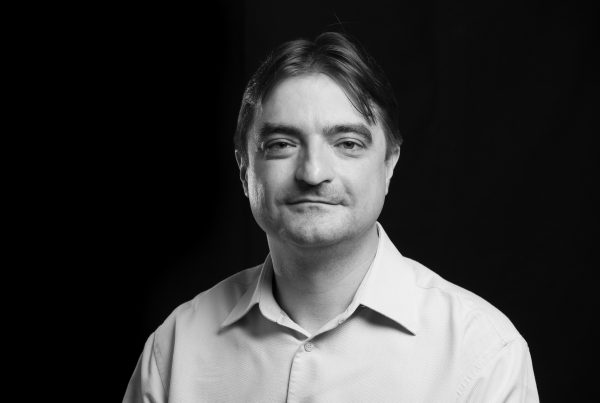Since 2017, ICREA Professor Javier Ramon is a Group Leader at the Institute of Bioengineering of Catalonia (IBEC) in Barcelona, Spain. After her doctorate, he performed a post-doc stay under professor Mizutani's direction at Hyogo University in Japan on lithography fabrication, microfluidics, and dielectrophoresis technic (2009-2011). After this post-doctoral stay at Hyogo University (2011), he was hired by the Advanced Institute for Materials Research (AIMR) at Tohoku University as Assistant Researcher. The AIMR-WPI institute is the third most relevant institute in Japan and one worldwide reference in material science. He joined the group of Prof. Matsue in the device/ systems group, and in April 2013, he was promoted to Assistant Professor. In this position, he worked to integrate biosensors technology with stem cell, biomaterials, and tissue engineering research (2011-2014).
